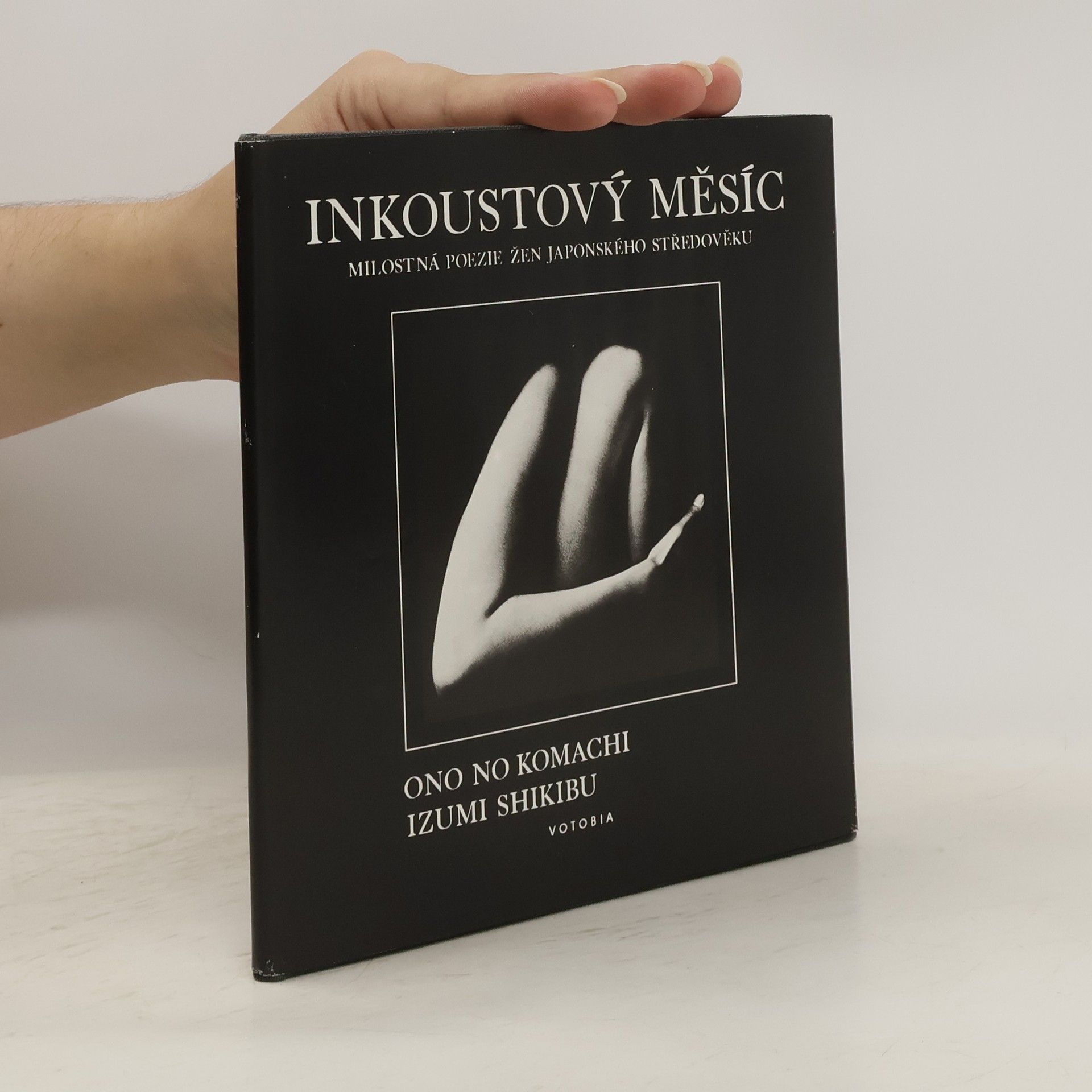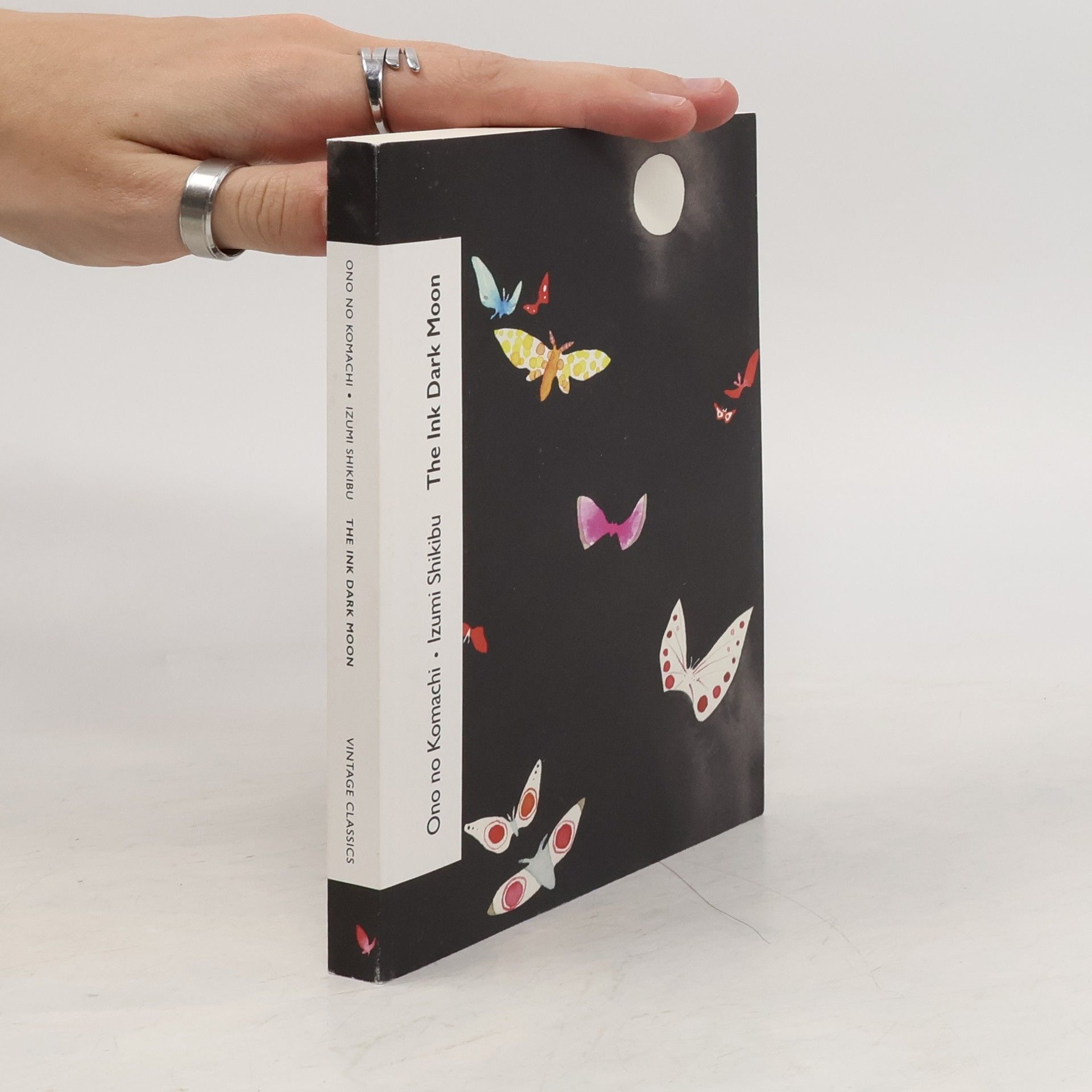Here is a collection of sexy, brief, fleeting poems about love, lust and longing. They originate from a time in Japanese history where aristocratic women of the Heian court were free to marry and conduct love affairs according to their desires. Education and refinement were so highly valued that the courtly manner of expressing oneself, whether to give condolences for a death, to send back a forgotten fan, or to heighten the anticipation of a lover's visit, was with a poem of just five lines. A convention of secrecy surrounding love affairs fills these verses with palpable emotion. These vivid and erotic poems express love in all its forms, and do so with amazing economy of words, unforgettable imagery and breath-taking modernity. INTRODUCED BY NIKITA GILL 'They are full of dreams, of autumns, of lovers known or not yet met, of desire, wonderment, loneliness' Irish Times Translated by Jane Hirshfield with Mariko Aratani, this is an edition that brings the story of the poems to life with a detailed introduction and notes on the translation.
Ono no Komači Libri
Ono no Komachi fu una rinomata poetessa giapponese di waka, celebrata per la sua straordinaria bellezza e il suo talento poetico. È annoverata tra i maggiori poeti waka del primo periodo Heian, e il suo nome è diventato sinonimo di fascino femminile in Giappone. È inoltre inclusa tra i Trentasei Immortali della Poesia.




Z dálky více než jedenácti staletí promlouvá hlas japonské básnířky Ono no Komači, pozoruhodné, legendami opředené postavy japonské literatury. Velkou skupinu tvoří pětiverší umožňující nám proniknout do typicky japonské poetiky snu, která je u básnířky Komači nerozlučně spjatá s básněmi milostnými a také s řadou pověr. Její poezie je bohatá na básnické obrazy a jak je v japonské poezii zvykem, často přírodní úkaz vyjadřuje stav lidské mysli. Souborné vydání jejích sto šestnácti krátkých pětiverší (tanka) a jedné delší skladby (čóka) vychází česky vůbec poprvé.
Inkoustový měsíc
- 44pagine
- 2 ore di lettura
Výbor z básní Ono no Komači a Izumi Šikibu. Anglické verze japonských originálů do češtiny převedla Jitka Herynková.